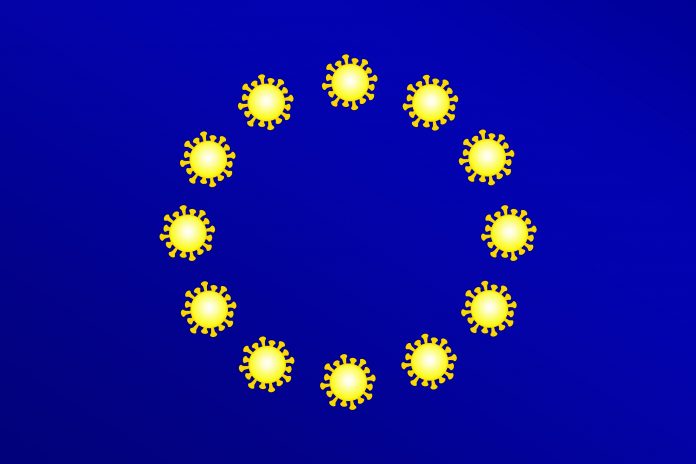Christa Schweng, President, European Economic and Social Committee details the shaping of post-COVID-19 EU and argues that this is only possible with an organised civil society
Most of us could hardly wait to welcome in 2021, hopeful that it will be less dominated by COVID-19 than its predecessor. News on the vaccine front offers a sliver of optimism, but, even so, we will still have to deal with the worst economic crisis since World War II. Exceptional circumstances require exceptional efforts from all of us.
With the tool to defeat the virus on the horizon, the focus of policy-makers will slowly shift from day-to-day emergency management towards recovery and shaping a post-COVID-19 Europe. For me, the future of Europe is a Europe that is economically prosperous, socially inclusive and environmentally sustainable. It should provide sound conditions for all of civil society to thrive and live in open, values-based democracies.
Recovery after the pandemic – no more time to lose!
Two waves of restrictive measures – necessary to protect people’s health and lives – have been disastrous for the European economy. Millions of workers and thousands of companies need support to survive and recover.
The Next Generation EU Recovery Plan has provided significant financial means to counter the negative economic and social effects. I regret that it took so long to find an agreement between the Parliament and the Council and that the process was further complicated by two particular countries. The political reasoning behind these delays is difficult to understand for workers and companies facing the COVID-19 reality. There is no more time to lose. I hope that funding from the recovery fund reaches those in need without further delay.
To quickly emerge from the crisis, the EU also needs to address its old shortcomings. This includes removing the remaining obstacles to the Single Market, boosting public and private investment, framing a modern industrial policy, creating good conditions for innovation and finalising a capital market and banking union. It also means necessary reforms to match the world of education and training with the needs of the labour markets.
The future is green…
The crisis caused by COVID-19 requires us to speed up the green and digital transitions that the EU was heading towards even before the pandemic. Both digitalisation and sustainable development should be mainstreamed into every policy area. They should become a part of our mindset, and not just two individual policies among many others.
In the transition towards more greening and digitalisation, we must ensure that nobody is left behind and that social policies properly respond to the impact of the transition. Businesses should be guided by the concept of a “just transition”. A “sustainable company” with a strong “workers’ voice”, where information and consultation rights are guaranteed, is a key factor.
In the efforts to achieve a greener economy, business needs to be seen as part of the solution. It is companies who deliver new, green technologies and explore new, green business opportunities. They need the right conditions in which to innovate.
At the same time, we have to admit that it is difficult to think about innovation investment in green technologies while struggling to survive the COVID-19 crisis. That is why it is essential to provide businesses with realistic targets, planning, security and flexibility when new measures to mitigate climate change are adopted.
…and digital
The digital transition also needs to be just, sustainable and socially acceptable. Europe has a unique, human-centred approach to digitalisation that – when properly managed – can give us a competitive edge over other global players.
Europe needs technological sovereignty. We must build a genuine European Dataspace, protecting our data and ensuring privacy and autonomy. To benefit from the digital transition, European legislation must keep up with technological progress. Finally, we need significant investment – in technology, skills and infrastructure.
The role of civil society
All this requires an enormous amount of work, and the challenges remain significant. This is also why keeping civil society involved as much as possible is a necessary condition for success. Europe’s citizens will support and accept these changes only if they themselves play an active part in bringing them to life.
The EESC is the only link between the EU’s political authorities and organised civil society. We provide valuable expertise to policymakers and help to forge policies that tie in better with economic, social and civic realities on the ground. Closer involvement of civil society and grassroots stakeholders in discussions at both national and EU levels brings added value to policymaking and makes it more democratic, effective and in line with citizens’ needs.
We want to play an active role in shaping the future of the EU – through our day-to-day work on opinions, the discussions we arrange and through valuable input into the conference on the Future of Europe. Exceptional times require exceptional unity. Only by acting together shall we succeed. United for the future of Europe!











